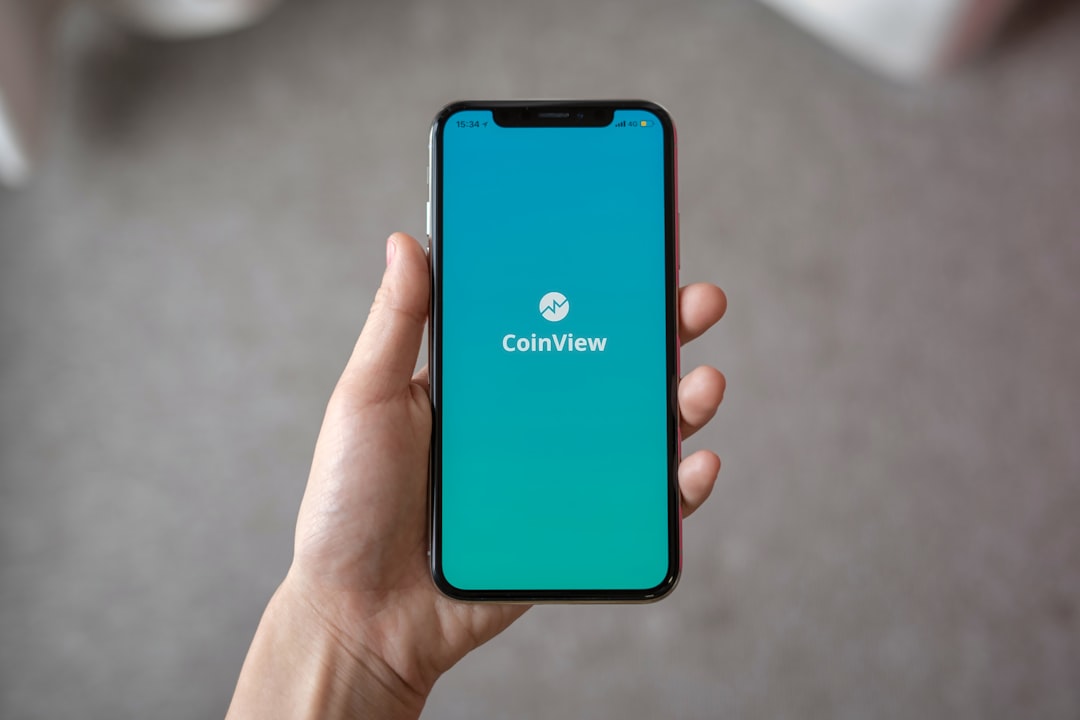In Nevada, a "Do Not Call" law protects residents from unwanted sales pitches and scams by robocalls, particularly from law firms. Nevadans can register their numbers on the National Do Not Call Registry and use phone company tools to block calls. Precautions like verifying caller identities and limiting personal info shared reduce robocalls. Reporting nuisance calls aids in enforcing laws against fraudulent activities.
In today’s digital age, robocalls have become a ubiquitous nuisance for Nevada residents. These automated calls can disrupt daily life and leave recipients feeling violated. Understanding how to protect yourself is crucial. This guide delves into the world of robocalls, exploring their impact in Nevada and highlighting legal protections available under state laws. We also provide practical steps to effectively block and avoid these unwanted calls, including tips on navigating Do Not Call lists and avoiding legal pitfalls associated with robocallers, especially from law firms.
Understanding Robocalls and Their Impact in Nevada

In Nevada, like many other states, robocalls have become a ubiquitous and often annoying part of daily life. These automated phone calls, often promoting products, services, or political campaigns, are designed to reach a large number of people simultaneously. While some robocalls offer valuable information, such as reminders from healthcare providers or emergency alerts, many Nevadans find themselves on the receiving end of unsolicited sales pitches and scams. The sheer volume of these calls can be overwhelming, leading to frustration and a significant impact on individuals’ quality of life.
Nevada residents are protected by laws aimed at mitigating the effects of robocalls, including restrictions on certain types of automated dialing campaigns. One key regulation is the “Do Not Call” law, which allows residents to register their phone numbers to opt-out of marketing calls. Additionally, there are strict rules against using automated systems to make calls for commercial purposes without prior express consent. Residents should be wary of suspicious calls and take steps to protect themselves by verifying the identity of callers and being cautious about sharing personal information over the phone. Remember that Nevada’s “Do Not Call” law, particularly when targeted at law firms, is a powerful tool in combating unwanted robocalls.
Legal Protections Against Unwanted Calls in Nevada

In Nevada, residents are protected from unwanted telephone solicitations and telemarketing calls under state law. The Do Not Call registry is a powerful tool available to Nevadans, allowing them to opt-out of receiving marketing or sales calls. By registering your number, you can prevent businesses from contacting you, with few exceptions. This law applies not only to residential landlines but also to mobile phones.
The Nevada Do Not Call list is managed by the state’s Attorney General’s Office, which enforces the rules and regulations outlined in the Telemarketing Sales Act. This act provides additional safeguards, including restrictions on calls made before 8 a.m. or after 9 p.m., unless the caller has your prior consent. Moreover, Nevada residents can also report robocalls and other nuisance calls to the Attorney General’s Office, which assists in enforcing the Do Not Call laws and protecting consumers from fraudulent activities, including those involving law firms attempting to solicit clients through aggressive telemarketing practices.
Practical Steps to Block and Avoid Robocalls Effectively

To effectively block and avoid robocalls, Nevada residents can take several practical steps. Start by registering your number on the National Do Not Call Registry. This federal list restricts telemarketers from calling you unless you give explicit consent. Additionally, most phone companies offer call-blocking features or apps that can filter out unwanted calls. Utilize these tools to block known robocall numbers and those with suspicious patterns.
Furthermore, be cautious when sharing your contact information. Avoid providing your phone number unless absolutely necessary, especially when dealing with unfamiliar entities. Adjust privacy settings on social media and other online platforms to limit the exposure of your number. Remember, if you receive a call from a law firm or any unknown source offering services or asking for personal information, it’s best to hang up immediately and report the call as spam to your service provider.






